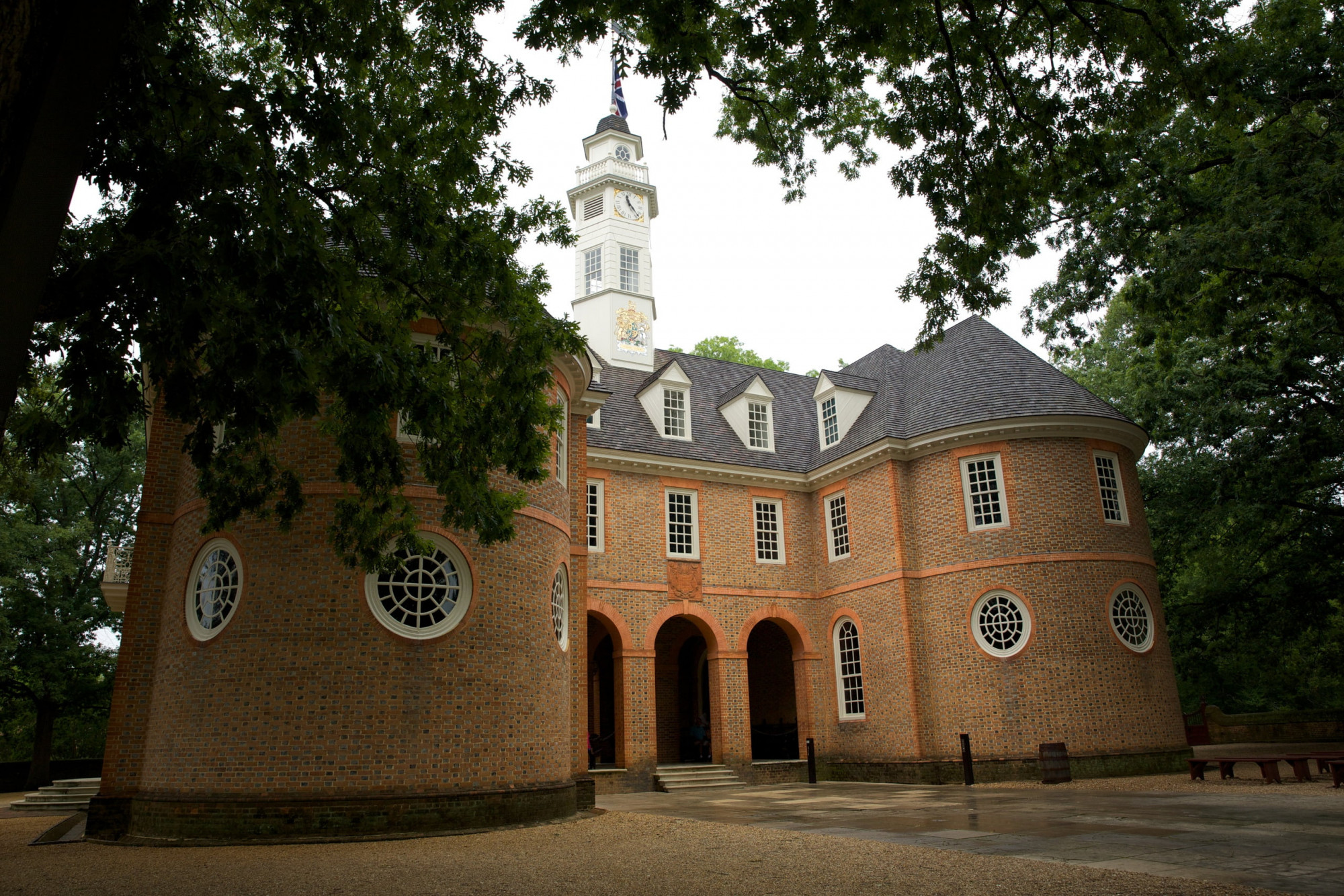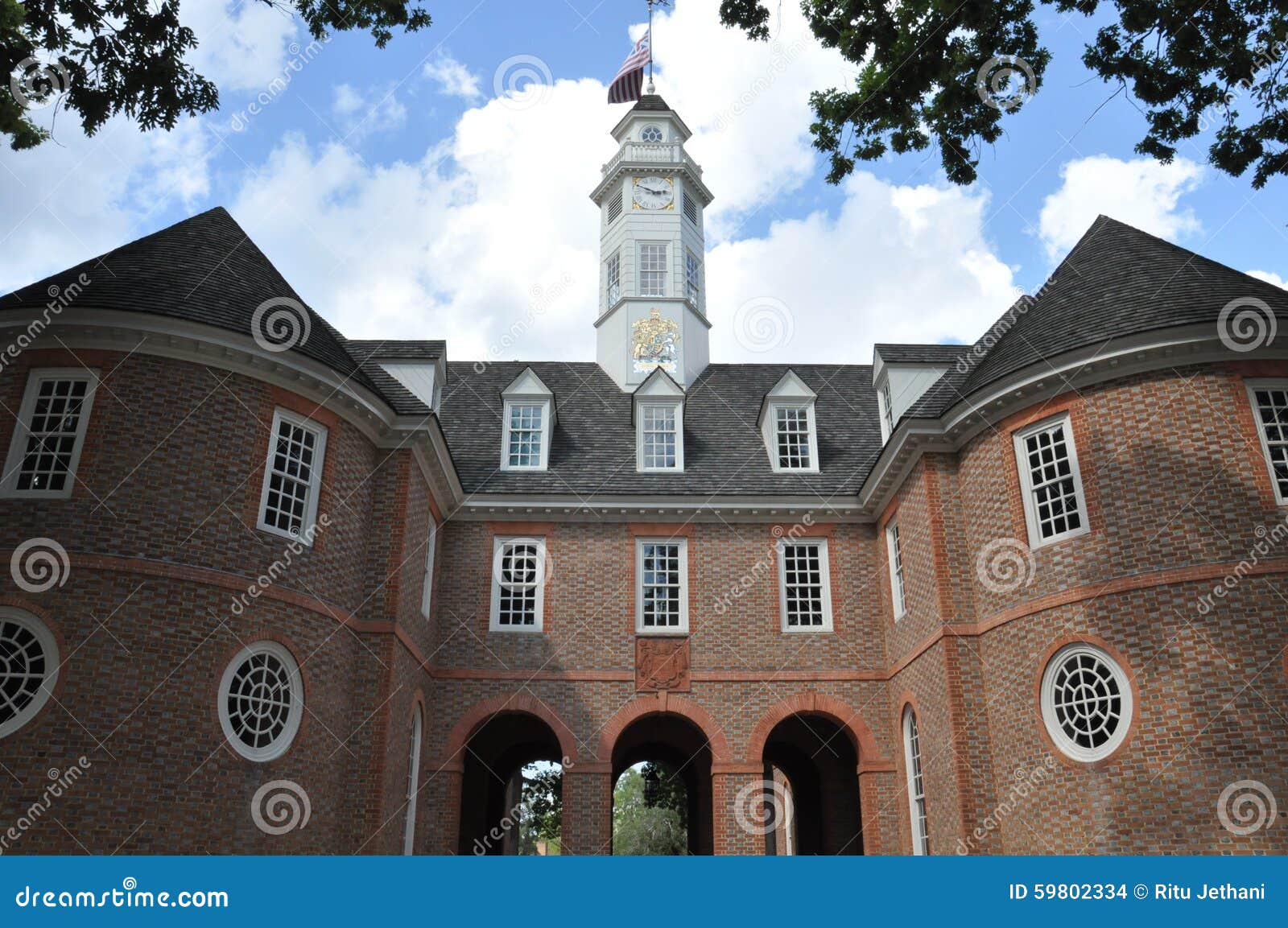What Is Virginia House Of Burgesses? The Foundation Of American Democracy
Hey there, history buffs! If you've ever wondered about the roots of democracy in America, you're about to dive into something pretty incredible. The Virginia House of Burgesses was not just another political body; it was the spark that ignited the flame of self-governance in the colonies. Established way back in 1619, this legislative assembly set the stage for modern democracy as we know it today. So, grab your thinking caps, because we're about to unravel the story behind the Virginia House of Burgesses and its lasting impact on American history.
Now, before we jump into the nitty-gritty details, let's get one thing straight: the Virginia House of Burgesses wasn't just some random meeting of dudes in wigs. It was a groundbreaking institution that gave colonists a voice in their own governance. In a world where kings and queens ruled with an iron fist, this was revolutionary. So, why should you care? Well, because understanding its origins and significance helps us appreciate the freedoms we enjoy today.
But hey, don't just take my word for it. As we dig deeper into the history of the Virginia House of Burgesses, you'll discover how this colonial assembly laid the groundwork for the democratic principles that shaped the United States. Whether you're a history enthusiast or just curious about the roots of American democracy, this article has got you covered. Let's get started!
- North Carolina Deer Tags 2024 Your Ultimate Guide To Hunting Success
- May 3 Star Sign Unlock The Secrets Of Your Zodiac And Embrace Your Inner Taurus
Here's a quick roadmap of what we'll cover:
- History of the Virginia House of Burgesses
- Its Role in Colonial Governance
- Key Figures and Influential Members
- Impact on American Democracy
- Challenges and Controversies
Understanding the Origins of the Virginia House of Burgesses
Alright, let's rewind the clock to the early 1600s. The Virginia Colony was just getting its groove on, and things were a bit chaotic. The Virginia Company of London, which had a vested interest in the colony's success, realized that giving the colonists a say in their governance might actually help things run smoother. Enter the Virginia House of Burgesses, established in 1619. It was the first representative assembly in the New World, and it marked a turning point in colonial history.
Now, what made the Virginia House of Burgesses so special? Well, for starters, it was the first time colonists had a platform to voice their concerns and influence decision-making. Sure, it wasn't perfect, and it only represented a small fraction of the population, but it was a huge step forward. The assembly met in Jamestown, the capital of the Virginia Colony, and its members were elected by the male landowners in the colony. Sounds kinda exclusive, right? But hey, it was a start!
- What Is The Zodiac Sign For November 1 Unlock Your Cosmic Identity
- How Old Were The Little Rascals A Fun Dive Into Their Iconic Ages
Let's break it down a bit further. The Virginia House of Burgesses wasn't just a talking shop; it had real power. It could pass laws, levy taxes, and even impeach officials. Of course, the Governor still held significant authority, but the Burgesses had a say in how things were run. This balance of power was a precursor to the system of checks and balances we see in modern democracies today.
Key Events Leading to the Formation of the Virginia House of Burgesses
So, how did this whole thing come about? Well, the Virginia Company of London was facing some serious challenges. The colony was struggling to survive, and the constant tension between the colonists and the company's appointed officials wasn't helping. In 1618, the company issued the "Great Charter," which granted the colonists the right to elect representatives to a legislative assembly. This was a game-changer.
The following year, in 1619, the first meeting of the Virginia House of Burgesses took place. It was a modest affair, with just 22 representatives from various plantations and settlements. But don't let the small numbers fool you; this was a monumental moment in history. The Burgesses met in a church in Jamestown, and their first order of business was to establish laws that would promote the colony's prosperity and stability.
The Role of the Virginia House of Burgesses in Colonial Governance
Now, let's talk about what the Virginia House of Burgesses actually did. Its role in colonial governance was multifaceted. On one hand, it served as a legislative body, creating laws that governed the colony. On the other hand, it acted as a check on the Governor's power, ensuring that his decisions were in the best interest of the colonists.
One of the most significant contributions of the Virginia House of Burgesses was its role in shaping the legal framework of the colony. The laws it passed covered everything from land ownership to trade regulations. For example, in 1623, the Burgesses passed a law that prohibited the Governor from imposing taxes without their consent. This was a direct challenge to the Governor's authority and set a precedent for future legislative bodies.
But it wasn't all smooth sailing. The relationship between the Governor and the Burgesses was often fraught with tension. The Governor, who was appointed by the Virginia Company, sometimes clashed with the Burgesses over issues of power and authority. Despite these challenges, the Virginia House of Burgesses remained a vital part of the colony's governance structure.
How the Virginia House of Burgesses Influenced Other Colonies
The success of the Virginia House of Burgesses didn't go unnoticed. Other colonies began to take notice and started establishing their own representative assemblies. For example, the Maryland General Assembly, established in 1635, was heavily influenced by the Virginia House of Burgesses. This trend of self-governance spread throughout the colonies, laying the foundation for the democratic principles that would eventually shape the United States.
But why was this so important? Well, it showed that colonists were capable of governing themselves. They didn't need a king or a distant company to make all the decisions for them. This idea of self-governance was a radical departure from the norm and would ultimately lead to the American Revolution.
Key Figures in the Virginia House of Burgesses
Every great institution has its key players, and the Virginia House of Burgesses was no exception. Let's take a look at some of the influential members who shaped the assembly's history.
Edward Wingfield
Edward Wingfield was the first President of the Council of Virginia and played a crucial role in the establishment of the Virginia House of Burgesses. Although his tenure as President was short-lived, his vision for a representative assembly helped set the stage for the Burgesses' formation.
John Rolfe
John Rolfe, famous for his marriage to Pocahontas, was also a member of the Virginia House of Burgesses. He was instrumental in promoting the cultivation of tobacco, which became the colony's economic backbone. Rolfe's influence extended beyond agriculture; he was a strong advocate for the rights of colonists and played an active role in shaping the assembly's policies.
The Impact of the Virginia House of Burgesses on American Democracy
Fast forward a few centuries, and you can see the lasting impact of the Virginia House of Burgesses on American democracy. Its principles of representative governance and checks on executive power were enshrined in the U.S. Constitution. The idea that ordinary citizens should have a say in how they are governed is a direct descendant of the Virginia House of Burgesses.
But the influence didn't stop there. The Virginia House of Burgesses also played a role in the development of political parties. As the assembly grew in size and influence, factions began to form based on differing views on governance and policy. This was the precursor to the political parties we see today.
Challenges Faced by the Virginia House of Burgesses
Of course, the Virginia House of Burgesses wasn't without its challenges. One of the biggest issues was representation. Initially, only male landowners were allowed to vote, which excluded a large portion of the population. It wasn't until much later that women and people of color were granted the right to vote. This limitation highlights the ongoing struggle for equality and representation in American democracy.
Another challenge was the tension between the Governor and the Burgesses. This power struggle often led to conflicts and delays in decision-making. However, it also demonstrated the importance of a balanced system of governance, where no single entity holds all the power.
Lessons from the Virginia House of Burgesses for Modern Governance
So, what can we learn from the Virginia House of Burgesses today? Well, for starters, it teaches us the importance of representative governance. Giving citizens a voice in how they are governed leads to more effective and equitable policies. It also reminds us of the need for checks and balances in any system of governance.
But perhaps the most important lesson is that democracy is a work in progress. The Virginia House of Burgesses wasn't perfect, and neither is modern democracy. However, by learning from the past and striving for improvement, we can continue to build a more just and equitable society.
Modern-Day Relevance of the Virginia House of Burgesses
In today's world, where democracy faces challenges from all sides, the legacy of the Virginia House of Burgesses is more relevant than ever. It serves as a reminder of the power of collective decision-making and the importance of civic engagement. As we navigate the complexities of modern governance, the principles established by the Virginia House of Burgesses can guide us toward a brighter future.
Conclusion
And there you have it, folks! The Virginia House of Burgesses wasn't just some dusty old institution from the past; it was the seed that grew into the mighty oak of American democracy. From its humble beginnings in Jamestown to its lasting impact on modern governance, the Burgesses' story is one of resilience, innovation, and the unyielding pursuit of self-governance.
So, what can you do with this newfound knowledge? Well, for starters, you can share it with your friends and family. Spread the word about the incredible legacy of the Virginia House of Burgesses and its role in shaping the world we live in today. And if you're feeling particularly inspired, why not get involved in your local government? After all, the spirit of the Burgesses lives on in every citizen who takes an active role in shaping their community.
Thanks for joining me on this journey through history. I hope you've gained a deeper appreciation for the Virginia House of Burgesses and its significance in American history. Until next time, keep learning, keep exploring, and keep making history!
Table of Contents:
- Understanding the Origins of the Virginia House of Burgesses
- The Role of the Virginia House of Burgesses in Colonial Governance
- Key Figures in the Virginia House of Burgesses
- The Impact of the Virginia House of Burgesses on American Democracy
- Challenges Faced by the Virginia House of Burgesses
- Lessons from the Virginia House of Burgesses for Modern Governance
- Uscis H1b Results Your Ultimate Guide To Navigating The Process
- Remy Flushed Away The Tale Of A Rat Who Stole Our Hearts

House of Burgesses · Washington's Mount Vernon

Old House of Burgesses in Williamsburg, Virginia This is were the

The Capitol in Colonial Williamsburg in Virginia Editorial Stock Image